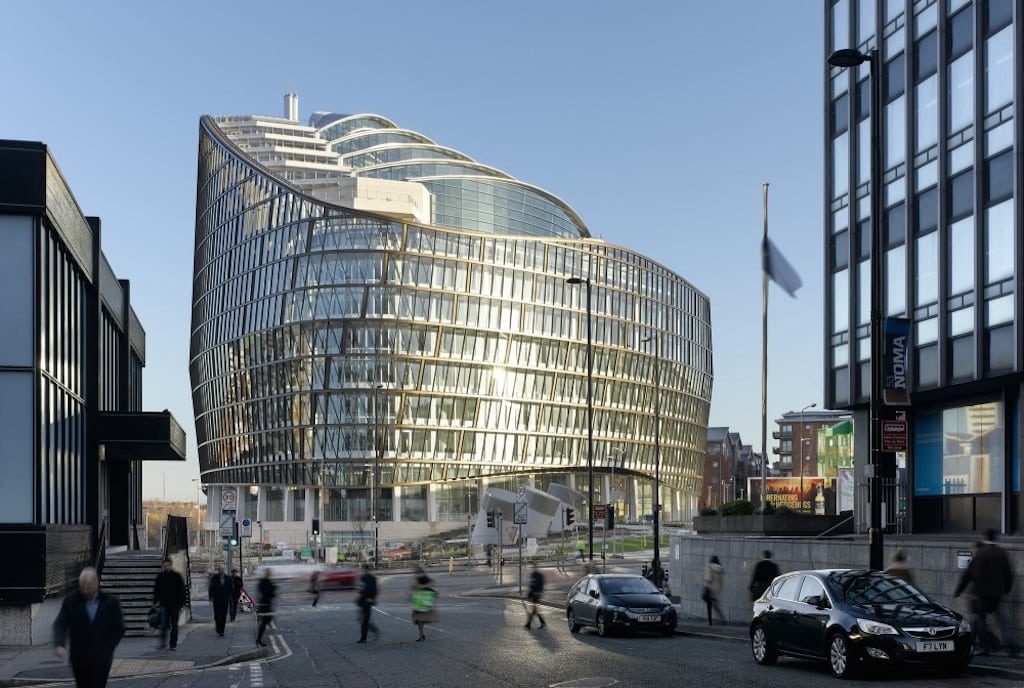Manchester Spent 15 Years Building a 'Smart City,' Now It Wants Tourists

Skift Take
Manchester is poised to lead a new era of global cities positioning themselves as thought leaders integrating business, tech, academia and culture as a unified travel package for business, leisure and group market segments.
[gallery ids="128492,128517,128496,128491,128510,128495,128497,128498,128494,128489,128511,128512,128513"]
Located two hours north of London by train, Manchester is England’s second most populous city, but it’s always had a bit of an identity problem among U.S. travelers.
Other than being home to the world’s most famous soccer team, Manchester has never registered significantly in the States because it's typically overshadowed by the bucket list travel experiences in London and the surrounding English countryside.
That's beginning to change. Manchester’s civic, business and cultural leaders have spent the last 15 years following an all-encompassing redevelopment plan to forge a “smart city" of the future anchored around one of Europe’s most integrated and innovative urban renewal strategies.
Manchester has been at the forefront of technology, industry and culture since the 1600s, illustrated in this list of Manchester Firsts, including the world's first steamboat, submarine, international art exhibition, permanent orchestra and public library.
In the 1800s, the invention of the cotton jenny in Manchester spawned the Industrial Revolution. By the early 20th century, over 90% of the world’s cotton was traded here after arriving via cargo ships traversing the world’s first shipping canal into the world’s first industrial park.
With the advent of globalization and container shipping however, Manchester’s primary economic engine revolving around the Salford Quays port went bust in the 1970s, remaining a post-industrial wasteland for over two decades.
Following a massive revitalization and land reclamation project, Salford Quays i
